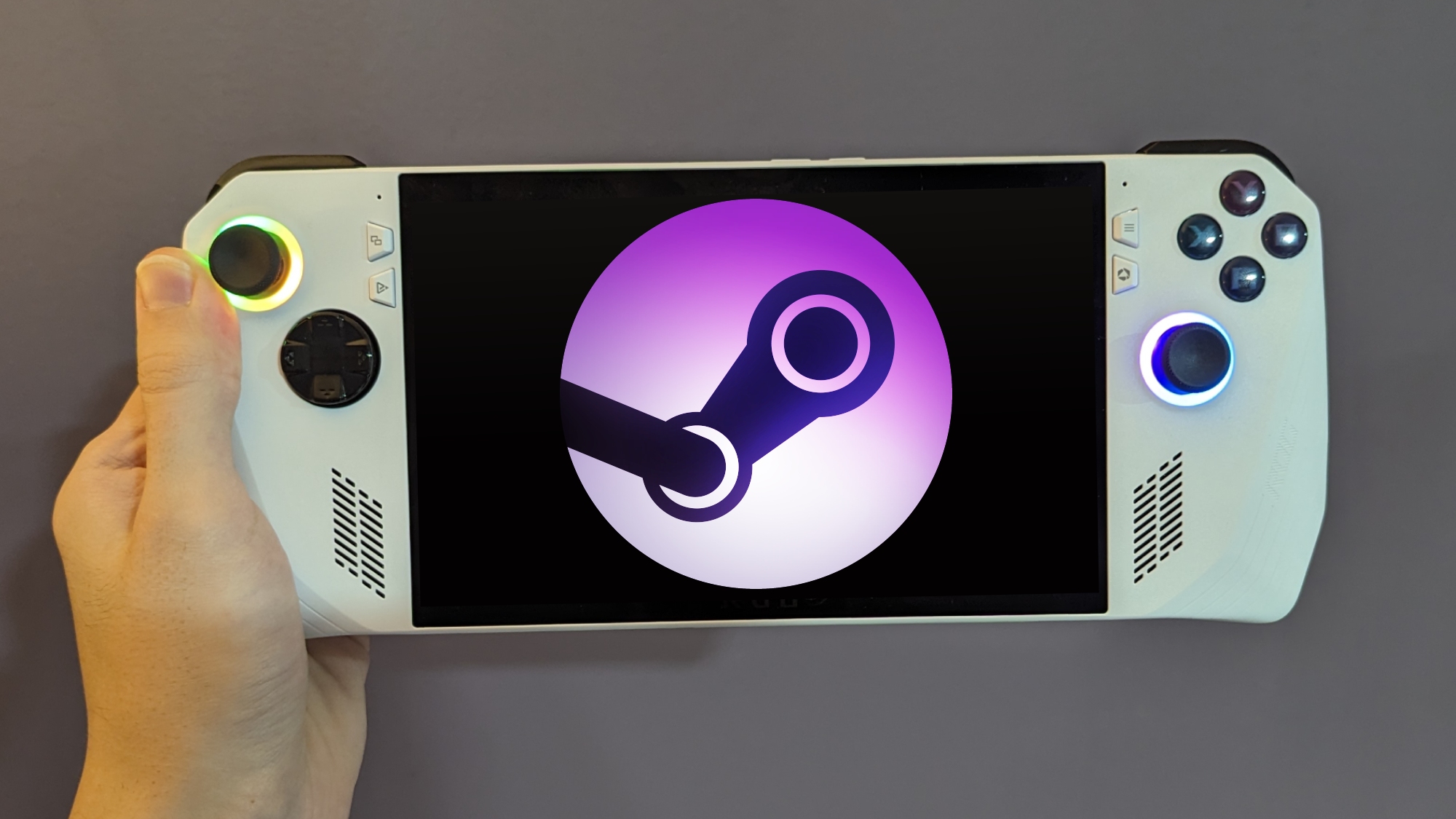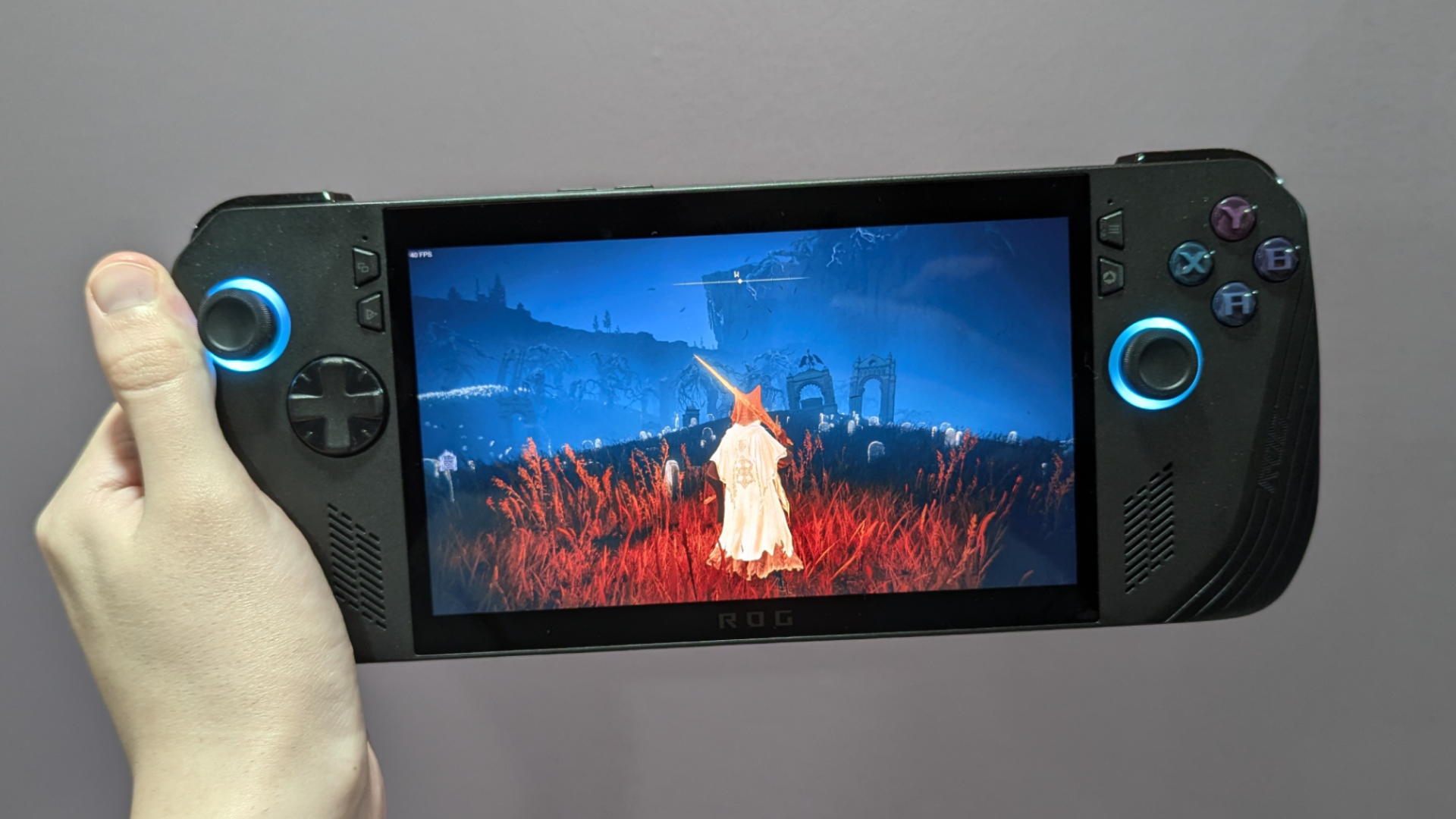
The recent update made to SteamOS last week is indeed "related to third-party device support for SteamOS," according to Valve Designer Lawrence Yang.
This was confirmed by Valve in an interview with The Verge on Tuesday. And it's not a complete shocker but rather a matter of time. Valve had claimed during a The Verge interview back in 2022 with Valve Coder Pierre-Loup Griffais that the company wanted SteamOS to come to other PCs.
"We’re excited to see people make their own SteamOS machines which could include small PCs that they put next to their TV." Griffais also claimed, "We’re doing our own experiments, but would also love to work with third-parties to see what they would have to bring to the table as well."
The SteamOS update in question that launched last Wednesday vaguely "Added support for extra ROG Ally keys." This doesn't mean it's quite time for Windows 11 to be able to run SteamOS, but Yang says the company is "making steady progress."
However, when SteamOS arrives on other platforms like the Asus ROG Ally or any Windows 11 device, there will undoubtedly be benefits of running SteamOS, but what will the negatives be?
The benefits of SteamOS over Windows 11
When the Asus ROG Ally first launched, it had its fair share of problems. Everything from performance issues to lackluster battery life to Windows 11 being a total nightmare to use on a gamepad weighed it down.

But then, the Asus ROG Ally X perfected these problems with excellent battery life, additional ports, an ergonomically improved design, and software updates over the last year addressing performance problems.
Now, the only thing that stands in the way of the Ally is Windows 11.
What's so appealing about SteamOS is that it condenses your Steam library into an experience comparable to a console. You launch into SteamOS, log into your account, and all of your games are accessible through a convenient user interface that can easily be traversed on gamepad. You don't have to deal with trying to browse through something meant for mouse and keyboard through a joystick.
The other benefit is optimization, which Valve keeps track of through a little green checkmark that will make it "Deck Verified." While the Steam Deck features hardware technically weaker than what the Asus ROG Ally features, SteamOS being far less demanding than Windows 11, alongside the optimization of specific games on that exact hardware, often lets it surpass Windows gaming handhelds in performance.
But swapping to SteamOS isn't all flowers and sunshine. There are many things I would miss if I converted my Asus ROG Ally to SteamOS.
1. An extended game library
Whereas SteamOS is limited to your Steam library, having a gaming handheld run Windows 11 provides an opportunity to access game libraries from all sources. The Xbox App is a particularly fruitful one, especially if you're subscribed to Game Pass, and I've played a large number of games on my Asus ROG Ally through it.
But even beyond just that, anything available on Epic Games, GoG, Battle.net, Ubisoft Connect, EA Play, and more allows you the freedom to play whichever games you want. Any game that requires a .exe extension to run you can happily enjoy without a problem.
2. Freedom of customization
Running Windows 11 comes with the same benefit it always has: Almost every company is developing software for this operating system. The end result is a level of freedom that you cannot really gain on alternative platforms, and even if you can, it can be pretty tricky to do so.
While this may seem nowhere near as important as an extended game library, Windows 11 also offers a level of customization that you can't quite find on SteamOS. Simple things like wallpapers are one example, especially the fancy ones from Wallpaper Engine, but even external applications like Playnite that let you create your own little console-esque user interface are awesome.
3. SteamOS is cool, but at what cost?
Running SteamOS on Asus ROG Ally sounds fine and dandy, but what are you actually sacrificing? While we might hope that the implementation of these devices running SteamOS is thoughtful, it won't get anywhere near the attention an actual Steam Deck does insofar as optimization and updates.
Essentially, you'd be using an Asus ROG Ally, which is more expensive than a Steam Deck, to run an OS that features games already available on the Ally, but with the caveat that it doesn't feature the synergetic optimization found through an actual Steam Deck.
It seems a bit pointless overall, as you'd really be doing it for only the ease-of-use that comes with SteamOS. Considering that ease-of-use can be emulated by setting Steam to launch immediately and prevent other applications from being present on Windows 11, it's a change that's difficult to sell.
However, there could be performance benefits to using an operating system like SteamOS over Windows 11, although that'd have to be analyzed when we finally see SteamOS come to the Asus ROG Ally.







